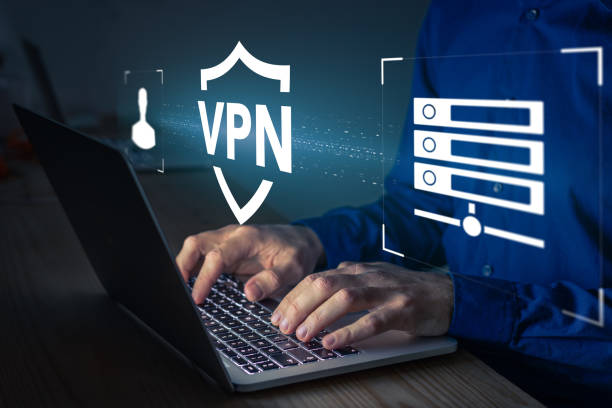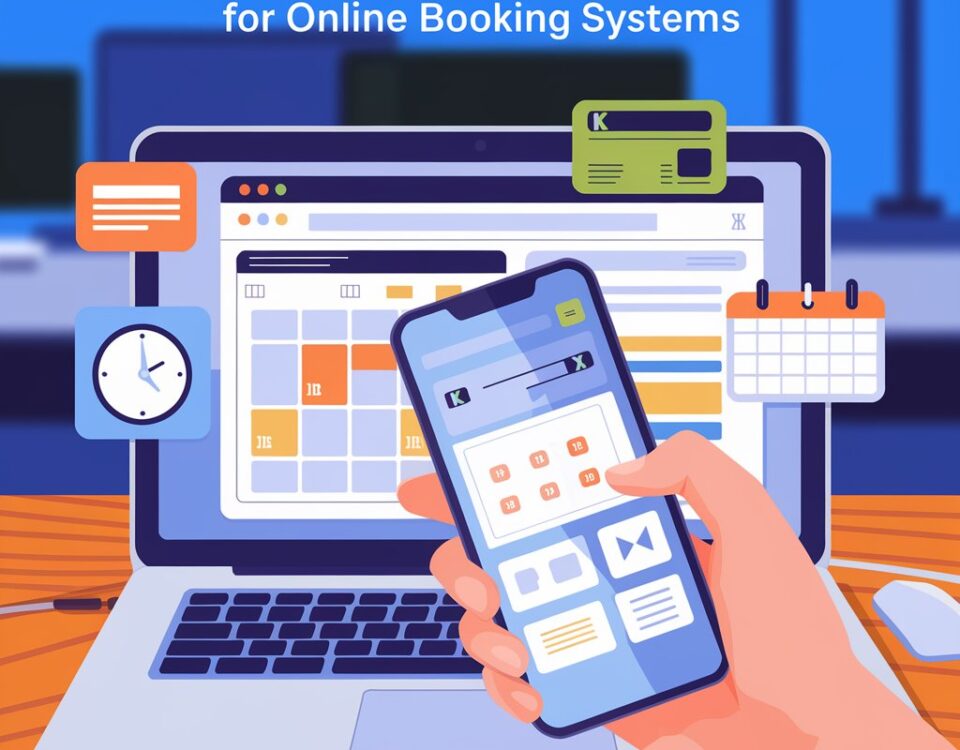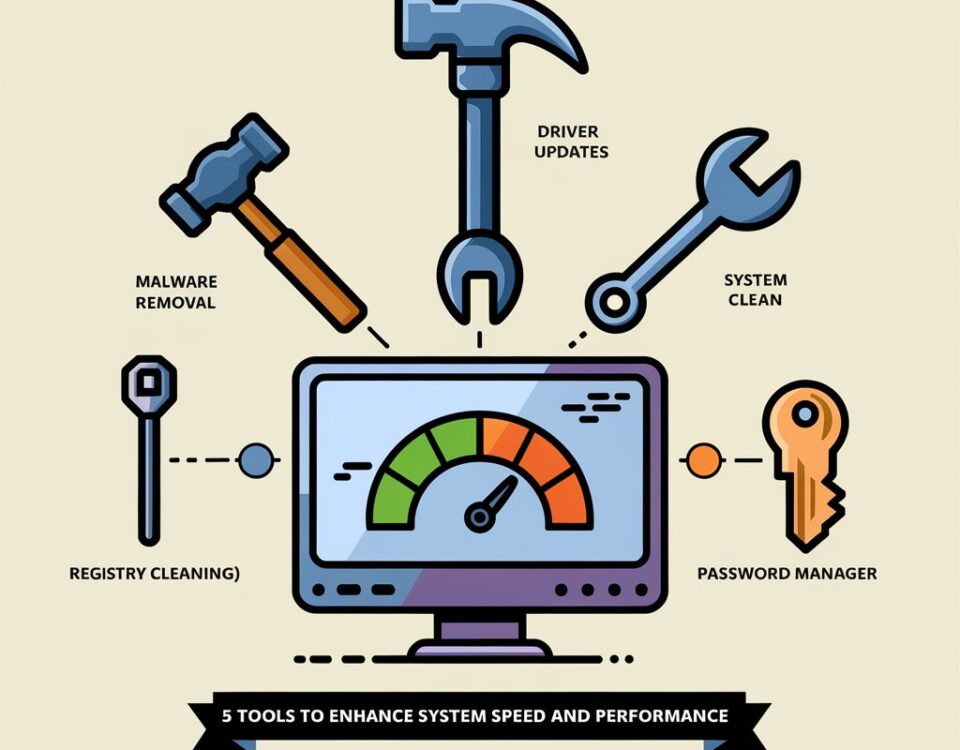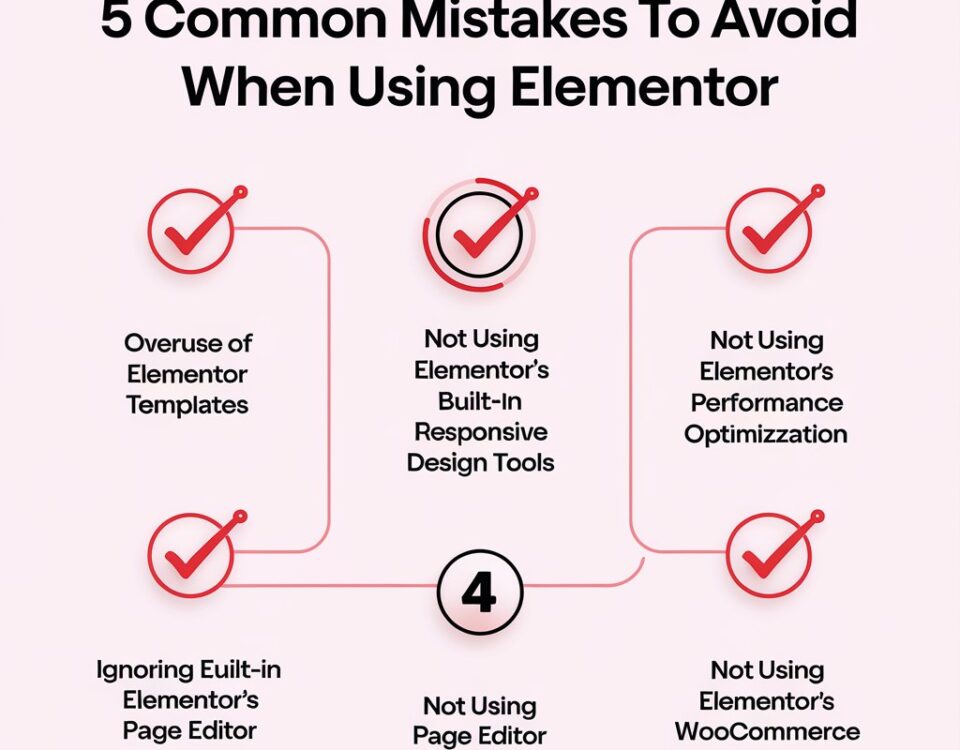
The Future of Autonomous Vehicles: What to Expect
June 12, 2024
How to Optimize Your Website for Voice Search
June 12, 2024The Benefits of Using VPNs for Online Security
In today’s digital world, online security is a top concern for individuals and businesses alike. One of the most effective tools for enhancing online security is the use of Virtual Private Networks (VPNs). This article explores the benefits of using VPNs for online security, highlighting their role in data protection, privacy enhancement, and secure internet access. By encrypting your internet connection, VPNs help keep your data safe from hackers and cyber threats. They also allow you to browse the internet anonymously, protecting your personal information. Whether you're using public Wi-Fi or accessing sensitive information, VPNs provide an extra layer of security to keep your online activities safe and private.

Understanding VPNs
A VPN, or Virtual Private Network, creates a secure connection between your device and the internet. It does this by routing your internet traffic through an encrypted tunnel to a VPN server, masking your IP address and protecting your data from prying eyes. VPNs are essential tools for anyone looking to safeguard their online activities.
Data Protection
Encryption: VPNs use strong encryption protocols to protect your data from being intercepted by hackers. This encryption ensures sensitive information, like passwords, financial details, personal communications, remains confidential.
Public Wi-Fi Security: Public Wi-Fi networks are often unsecured, making them prime targets for cybercriminals. Using a VPN on public Wi-Fi protects your data from potential attacks, ensuring safe internet access even in public places.
Secure File Sharing: VPNs enable secure file sharing over the internet. Whether you’re sending work documents, personal files, a VPN ensures that your data remains protected during transmission.
Privacy Enhancement
Anonymous Browsing: By masking your IP address, a VPN allows you to browse the internet anonymously. This anonymity protects your online activities from being tracked by websites, advertisers, and even your internet service provider (ISP).
Location Privacy: VPNs let you choose a server location in a different country, effectively changing your virtual location. This feature not only enhances privacy, it allows you to access content that may be restricted in your region.
Preventing ISP Tracking: ISPs often track and log your online activities. Using a VPN prevents your ISP from monitoring your internet usage, ensuring that your browsing history remains private.
Secure Internet Access
Bypassing Geo-Restrictions: Many websites and streaming services restrict content based on geographic location. A VPN allows you to bypass these geo-restrictions, giving you access to a wider range of content.
Avoiding Censorship: In some countries, internet access is heavily censored. A VPN helps you bypass these restrictions, providing uncensored access to information and communication platforms.
Protection Against Cyber Threats: VPNs add an extra layer of security against cyber threats such as malware, phishing attacks, and data breaches. This protection is crucial for maintaining a secure online environment.
Business Benefits
Remote Work Security: VPNs are vital for businesses with remote employees. They provide secure access to company networks, ensuring sensitive business data remains protected, even when accessed from remote locations.
Cost Savings: Investing in a VPN can save businesses money by reducing the risk of data breaches and other cyber incidents. This prevention of potential financial losses makes VPNs a cost-effective security solution.
Compliance: Many industries have strict data protection regulations. Using a VPN helps businesses comply with these regulations by ensuring secure data transmission and storage.
Enhanced Streaming Experience
Accessing Restricted Content: VPNs allow users to access streaming services and content libraries that may be restricted in their region. This capability is useful for expats and travelers who want to access their home country’s content.
Improved Streaming Speeds: Some ISPs throttle internet speeds for streaming services. A VPN can help bypass this throttling, providing a smoother and faster streaming experience.
Gaming Benefits
Reduced Latency: A VPN can reduce latency by providing a more direct route to gaming servers.
Access to Game Content: Certain games and game content are region-specific. A VPN allows gamers to access content that may be unavailable in their region, enhancing their gaming experience.
Protection Against DDoS Attacks: Gamers are sometimes targeted by Distributed Denial of Service (DDoS) attacks. Using a VPN protects against these attacks, ensuring uninterrupted gaming sessions.
Choosing the Right VPN
Security Features: Look for VPNs with strong encryption protocols, a no-logs policy, and additional security features like a kill switch and DNS leak protection.
Server Locations: A good VPN should offer a wide range of server locations to provide flexibility in choosing your virtual location.
Speed and Performance: Ensure the VPN provides high-speed connections and reliable performance if you plan to use it for streaming or gaming.
User-Friendly Interface: The VPN should have an easy-to-use interface, making it accessible for both tech-savvy users and beginners.
Customer Support: Opt for VPNs with excellent customer support to assist with any issues or questions you may have.
Conclusion
The benefits of using VPNs for online security are vast, ranging from enhanced data protection and privacy to secure internet access and improved streaming experiences. By choosing the right VPN and leveraging its capabilities, you can enjoy a safer, more private, and unrestricted online experience.




